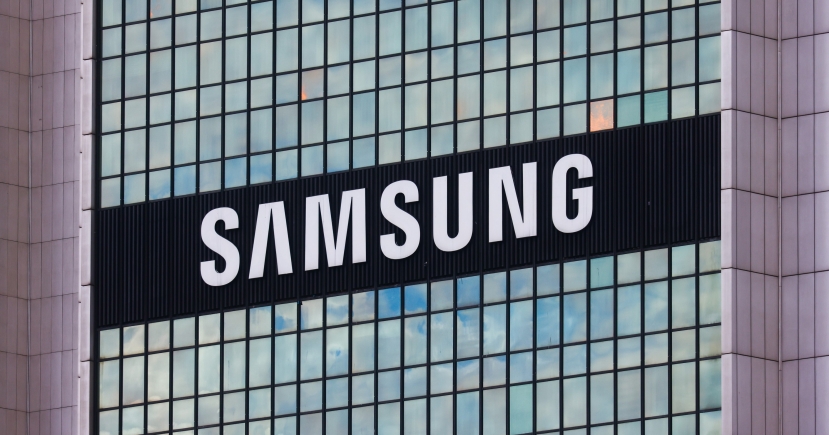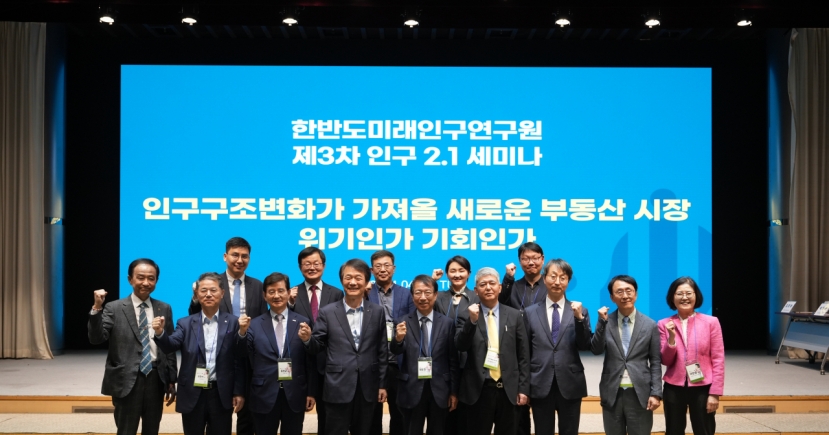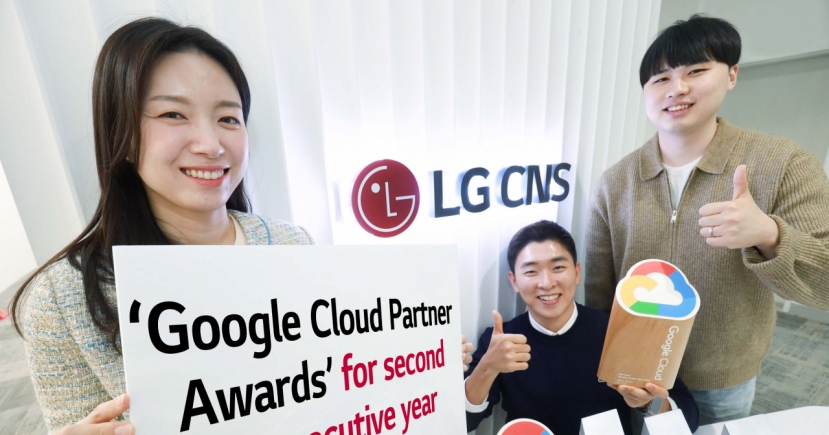Startups
[INTERVIEW] Korea Investment Partners bets on Indonesia’s heated startup scene
[THE INVESTOR] Indonesia is one of the hottest startup scenes in Southeast Asia with four homegrown unicorns -- ride-hailing company Go-Jek, travel site Traveloka, and e-commerce firms Bukalapak and Tokopedia -- while foreign and local investors are pumping big bucks to capitalize on the young and fast-growing economy.
To name a few, Google invested in Go-Jek, with a valuation of around US$3 billion, joining the list of high-profile investors such as Chinese tech giants JD.Com and Tencent. Last year, Alibaba led US$1.1 billion investment into Tokopedia, following a previous round by SoftBank Group and Sequoia Group.
With big players eying what could be the next big thing in the startup world, Korean venture capital firms too are moving to take a slice of the growing pie.
Korea Investment Partners, the frontrunner in the country’s VC market, is not far behind. It began funding actively in Southeast Asia from 2016, focusing on Indonesia, as well as Vietnam and Singapore.
“I see Indonesia as the China of Southeast Asia. With around 300 million young population, it is one of the few fast growing economies in the world,” Yoo Jung-ho, director of investment division at Korea Investment Partners, told The Investor in a recent interview. “With this rate of technology growth, it will soon hit 200 million internet users, which will in turn surge demand and opportunities for tech-based firms.”
 |
Yoo Jung-ho, director of investment at Korea Investment Partners |
Yoo, who joined the VC in 2016, has five startups in his Southeast Asia portfolio. Three are in Indonesia, including food and restaurant listing app Qraved, mobile lock-screen ads startup Cashtree, and fashion e-commerce Sale Stock. While two are from Vietnam, including mobile game publisher Appota and most recently e-commerce Tiki. By the end of this year, Yoo expects to have at least 10 startups in the region in his portfolio, with ongoing deal flows.
Prior to joining Korea Investment Partners, he worked at CyberAgent Ventures Korea, the local unit of the Japanese VC, since 2013, where he has a track record of investments, including in Kakao, Kimgisa, Hwahae, Woowa Brothers, Remember and Blind. It was here that he first spotted Southeast Asia’s potential.
“It’s the high-level growth that cannot be found in many other places today,” he said, adding Korean investors can offer meaningful insights and advice to Southeast Asian startups, based on experience in their more developed home market.
Also, Korea’s growing venture investment size –- which is expected to hit 3 trillion won (US$2.79 billion) this year –- is too big to be limited to its home turf, in order to maintain its returns, he added. That is why Korea Investment Partners, which manages more than 1 trillion won in venture fund, is investing in the US, Europe, Japan as well as China -- with its separate Chinese unit.
“We have to seek overseas markets, especially emerging economies, to maximize returns,” he said.
 |
Yoo views Indonesia as an interesting market, with a dizzying amount of change in just few years, but with a yawning gap between tech unicorns and mid-tier firms.
“There is this first wave of startups like Go-Jek, Tokopedia and Bukalapak, that are valued at more than US$1 billion,” Yoo said. “But we don’t see many mid-tier firms -- valued at US$200-300 million in the market -- that could challenge the front-runners and become the next unicorn.”
And startups that are valued at around US$100 million, he said, are up for a heated takeover battle between Go-Jek and its rival Grab -- Singapore-based ride hailing firm with a high presence in Indonesia -- citing Kudo, an Indonesian-based payment firm that was acquired by Grab, and Midtrans, a payment startup acquired by Go-Jek.
“The battle in Southeast Asia is not about ride-sharing. It’s about who will take over the digital payment market,” said Yoo. “With Grab’s GrabPay, Go-Jek’s GoPay, as well as Alibaba-backed Tokopedia, their goal is to become the leading payment platform to tap into the unbanked population.”
In light of this, Yoo thinks startups that could add value to Grab or Go-Jek, or sold later to them, will have a fighting chance to grow. That could be e-commerce with a large user base, cutting-edge payment service provider or offline retail outlets for a real world presence. For Korean startups eying the Southeast Asian market, he thinks mobile game and blockchain-based startups can make a splash in the region.
But most importantly, business model is what he values the most when evaluating startups.
“We focus on startups that can create economic value. Having a sustainable business model is critical in the long run, more than number of users or other criteria,” he said.
By Park Ga-young and Ahn Sung-mi (gypark@heraldcorp.com) (sahn@heraldcorp.com)




![[Exclusive] Korean military set to ban iPhones over 'security' concerns](http://res.heraldm.com/phpwas/restmb_idxmake.php?idx=151&simg=/content/image/2024/04/23/20240423050599_0.jpg)



